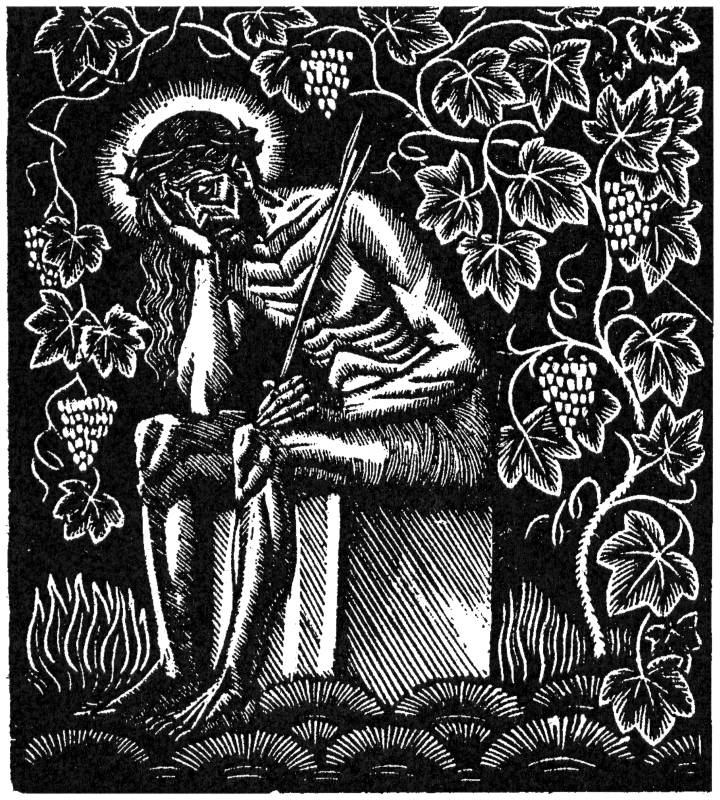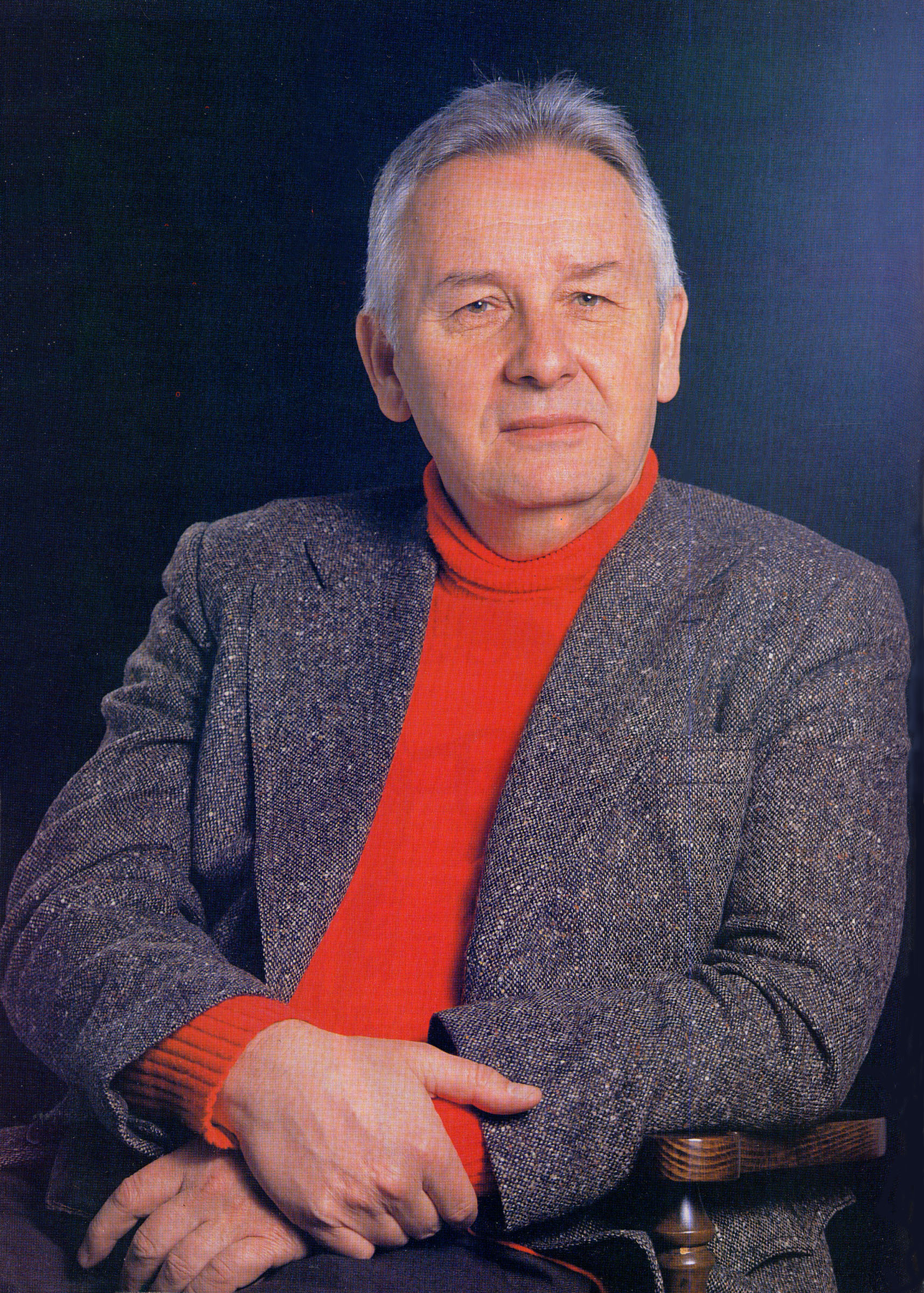Rulka Langer's "The Mermaid and the Messerschmitt" is a rip-roaring page-turner, easy to read, spine-tingling, and entertaining. It is also deeply profound. I'm going to buttonhole friends, insisting that they read it; I'll buy copies to give as gifts. "The Mermaid" is not just as delicious to read as a mass market bestseller. It is also essential reading on vital questions of what it means to be a human being, what war is like on a day-to-day basis, and how the Holocaust happened.
Rulka Langer, the heroine and author of "Mermaid," is very much like Katharine Hepburn, the Golden-Age, Hollywood film star. Langer is beautiful, brisk, no-nonsense, and a born heroine. Her very likable presence accompanies the reader through what would otherwise be unbearable scenes. "Mermaid" is so vivid, so cinematic in its details, that I kept seeing it as a Hollywood film.
Langer is a young wife, mother and Vassar grad living in Poland in 1939. Her grandfather was a landed nobleman. Her focus in life is her proud and loving family, parties, fashion, thoroughbred horses, and her fun job for an American advertising firm. In many ways, Langer is very much like a potential American reader for this book – someone who has no idea that within days of a pleasant summer picnic she will confront the greatest evil the world has ever known in her own home – and that the only weapon she will wield in that confrontation is her own sense of honor. World War Two began in Poland, when, on September 1, 1939, Nazi Germany invaded. The Holocaust would take place largely in Poland.
The book opens with sprightly, appealing scenes of Langer's family. You get to like Langer, her brother, her mother, and her children, the characters who will be with you throughout the book. Langer's quick yet detailed style shines in a delightful description of the pleasures of traveling by a horse-drawn carriage through the Polish countryside. You feel as if you are next to Langer as she observes a peasant woman in a red kerchief, and a little black dog, as she calls out, "God's blessings," and field laborers answer back, "May the Lord give it." You wonder, though – is this author a frivolous woman? Will she really be able to write about the German carpet bombing of Polish civilians? Never fear, reader. She will. She will.
In that late Polish summer, straws appear in the wind: rumors of invasion by Nazi Germany. At first, Langer's greatest concern is that Hitler's plans will interfere with her summer vacation. One of the truly stunning strengths of "Mermaid" is its style. Langer's writing is vivid, immediate and frank. It's as if you are her best friend and it's 1939 and you are reading telegraphic updates. Though Langer wrote this book after she'd found safety in America, she doesn't exploit the luxury of hindsight to manage her image, or to make herself out to have been a prescient student of world history fully prepared for blitzkrieg.
"Mermaid" offers a time capsule of world historical events as those events were happening. World War Two and the Holocaust are so vast and so evil that their narrative management is a full time obsession. Today, vocabulary guardians debate whether or not Polish Catholic concentration camp inmates can be said to have been victims of "The Holocaust." Langer wrote her book while World War Two was still occurring, before its immensity had been grasped. She offers a raw, eyewitness view of history's minute-by-minute unfolding, before the narrative managers arrived on the scene.
She tells us that September 1, 1939 (like one September 11, decades later), was a frustratingly beautiful late summer day. Langer devotes the same brisk, vivid sentences to descriptions of starving people butchering horses on Warsaw streets that she had previously devoted to describing her handsome husband.
Langer's style does not change even after, in search of provisions to feed her starving children, she traverses bombed streets flooded with the human blood of her fellow Varsovians, even after Nazis literally walk into her home as she is undressing. You realize that her previous descriptions of leisurely family life were not the fruit of her trivial nature or her sheltered existence. Rather, you realize that Langer's ability to pen a loving, detailed description of the pleasures of carriage rides in the country is the product of supreme self-discipline. This author has been to hell and back. Her aristocratic pose is her heroic resistance to the enemies of civilization.
Langer's descriptions of the madness of war are unforgettable. A seal escapes from the zoo … a man takes over an apartment complex and demands that all pet dogs be shot … beautiful young heroes and heroines materialize from the blood, smoke, and chaos, bond, and are snuffed out … mothers silently resent going without food in order that children be fed.
The Nazis' genocidal plans twist Poles' lives. Evil rumors turn Pole against Pole. Every time resisters kill a German, dozens of Poles are killed in retaliation. A girl is executed for defacing a Nazi propaganda poster.
In recent years, there has been a scholarly and media effort to shift blame for the Holocaust from German Nazis to Poles. Poles, it is said, did not do enough to help Jews during the 1943 Warsaw Ghetto Uprising. Gunnar S. Paulsson's "Secret City" is an antidote to such talk, but so is "Mermaid." Langer, a survivor, makes excruciatingly clear how the Nazis terrorized all Poles, paving the way for Nazism's heinous crimes against Jews.
Part of what makes this book bearable is its "happy ending." The reader knows that Langer will get out of Nazi-occupied Warsaw and write and publish this book. Langer's escape is similar to that of Maria von Trapp of "Sound of Music" fame; in fact, von Trapp and Langer became friends. Others of Langer's family and friends were not so fortunate. For example, Langer's husband's father, her children's grandfather, was Jew. He was beaten to death.
Rulka Langer, the heroine and author of "Mermaid," is very much like Katharine Hepburn, the Golden-Age, Hollywood film star. Langer is beautiful, brisk, no-nonsense, and a born heroine. Her very likable presence accompanies the reader through what would otherwise be unbearable scenes. "Mermaid" is so vivid, so cinematic in its details, that I kept seeing it as a Hollywood film.
Langer is a young wife, mother and Vassar grad living in Poland in 1939. Her grandfather was a landed nobleman. Her focus in life is her proud and loving family, parties, fashion, thoroughbred horses, and her fun job for an American advertising firm. In many ways, Langer is very much like a potential American reader for this book – someone who has no idea that within days of a pleasant summer picnic she will confront the greatest evil the world has ever known in her own home – and that the only weapon she will wield in that confrontation is her own sense of honor. World War Two began in Poland, when, on September 1, 1939, Nazi Germany invaded. The Holocaust would take place largely in Poland.
The book opens with sprightly, appealing scenes of Langer's family. You get to like Langer, her brother, her mother, and her children, the characters who will be with you throughout the book. Langer's quick yet detailed style shines in a delightful description of the pleasures of traveling by a horse-drawn carriage through the Polish countryside. You feel as if you are next to Langer as she observes a peasant woman in a red kerchief, and a little black dog, as she calls out, "God's blessings," and field laborers answer back, "May the Lord give it." You wonder, though – is this author a frivolous woman? Will she really be able to write about the German carpet bombing of Polish civilians? Never fear, reader. She will. She will.
In that late Polish summer, straws appear in the wind: rumors of invasion by Nazi Germany. At first, Langer's greatest concern is that Hitler's plans will interfere with her summer vacation. One of the truly stunning strengths of "Mermaid" is its style. Langer's writing is vivid, immediate and frank. It's as if you are her best friend and it's 1939 and you are reading telegraphic updates. Though Langer wrote this book after she'd found safety in America, she doesn't exploit the luxury of hindsight to manage her image, or to make herself out to have been a prescient student of world history fully prepared for blitzkrieg.
"Mermaid" offers a time capsule of world historical events as those events were happening. World War Two and the Holocaust are so vast and so evil that their narrative management is a full time obsession. Today, vocabulary guardians debate whether or not Polish Catholic concentration camp inmates can be said to have been victims of "The Holocaust." Langer wrote her book while World War Two was still occurring, before its immensity had been grasped. She offers a raw, eyewitness view of history's minute-by-minute unfolding, before the narrative managers arrived on the scene.
She tells us that September 1, 1939 (like one September 11, decades later), was a frustratingly beautiful late summer day. Langer devotes the same brisk, vivid sentences to descriptions of starving people butchering horses on Warsaw streets that she had previously devoted to describing her handsome husband.
Langer's style does not change even after, in search of provisions to feed her starving children, she traverses bombed streets flooded with the human blood of her fellow Varsovians, even after Nazis literally walk into her home as she is undressing. You realize that her previous descriptions of leisurely family life were not the fruit of her trivial nature or her sheltered existence. Rather, you realize that Langer's ability to pen a loving, detailed description of the pleasures of carriage rides in the country is the product of supreme self-discipline. This author has been to hell and back. Her aristocratic pose is her heroic resistance to the enemies of civilization.
Langer's descriptions of the madness of war are unforgettable. A seal escapes from the zoo … a man takes over an apartment complex and demands that all pet dogs be shot … beautiful young heroes and heroines materialize from the blood, smoke, and chaos, bond, and are snuffed out … mothers silently resent going without food in order that children be fed.
The Nazis' genocidal plans twist Poles' lives. Evil rumors turn Pole against Pole. Every time resisters kill a German, dozens of Poles are killed in retaliation. A girl is executed for defacing a Nazi propaganda poster.
In recent years, there has been a scholarly and media effort to shift blame for the Holocaust from German Nazis to Poles. Poles, it is said, did not do enough to help Jews during the 1943 Warsaw Ghetto Uprising. Gunnar S. Paulsson's "Secret City" is an antidote to such talk, but so is "Mermaid." Langer, a survivor, makes excruciatingly clear how the Nazis terrorized all Poles, paving the way for Nazism's heinous crimes against Jews.
Part of what makes this book bearable is its "happy ending." The reader knows that Langer will get out of Nazi-occupied Warsaw and write and publish this book. Langer's escape is similar to that of Maria von Trapp of "Sound of Music" fame; in fact, von Trapp and Langer became friends. Others of Langer's family and friends were not so fortunate. For example, Langer's husband's father, her children's grandfather, was Jew. He was beaten to death.




















